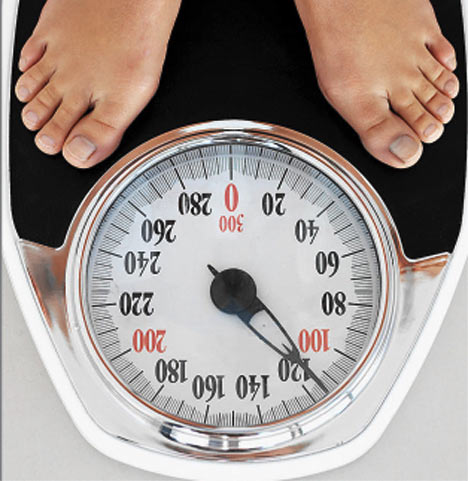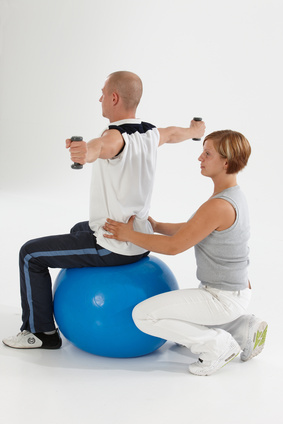Are You Ready For Hip Surgery?
August 2nd, 2021
If you suffer from hip arthritis and have tried everything with no relief, then your doctor may recommend a hip replacement surgery.
So how do you know this is right for you? Ask yourself:
- Is hip pain taking over your life?

- Are you finding it difficult to enjoy activities you used to love because of your pain?
- Is your pain keeping you up at night? It is causing you irritability and depression?
- Do you need help with normal, everyday activities like putting on your pants or shoes, getting up from the couch, and walking short distances?
If you answered ‘no’ to the above questions, then it’s likely that your hip pain may not require surgery. But if you answered “yes” to most, or all, of the questions, talking to your doctor about surgery might be a possible solution.
If you decide to proceed with hip replacement surgery, there are certain precautions you should take post-surgery. First of all, ask your doctor about possible post surgical complications. Some common complications include:
- Blood clots. Clots have a tendency to travel along blood vessels, in which case, they can lead to serious problems like brain embolisms. Fortunately, they can be avoided with prescription blood thinners (ask your doctor) and mobility exercises as recommended by your physical therapist.
- Infection. Although rare, there is a risk of infection after joint replacement surgeries. Cigarette smoking can increase your risk for infection. If you smoke, here’s a good reason to quit. If you suspect an infection, see your doctor immediately.
- Dislocating your new hip. You want to be sure not to loosen your prosthetic hip from the bone, which is a serious complication. Fortunately, you can avoid this by keeping your weight in a healthy range and avoiding activities that cause adverse strain on your hip.
In the few months following hip replacement surgery, be quick to treat any infections you pick up. Even viruses like the common cold, flu and sinus infections can get into your bloodstream and ultimately affect your hip.
Guidelines to Protect your Hip
Here are some common post surgical precautions.
- Discontinue high-impact sports like football, jogging, baseball, and horseback riding, since these can increase the chance of dislodging your prosthetic hip.
- Refrain from any heavy lifting or jumping.
- Avoid hip flexion beyond 80 degrees – that’s sitting in a position where your hips are above your knees.
- Avoid crossing your legs.
- If you lie on your side, be sure to prop something between your legs. It’s advisable to keep both legs 3-6 inches apart.
- Maintain a healthy weight. Putting too much weight on your new hip could cause dislocation of the prosthetic joint from the bone, resulting in great pain and subsequent corrective surgeries. Talk to your physical therapist to learn about safe hip exercises and to maintain a healthy weight.
What to expect after Hip Replacement Surgery
Your physical therapist will be an integral part of your recovery from hip replacement surgery. In progressive order, your physical therapist will:
 Teach you to get in and out of bed and make the move from your bed to a chair or wheelchair.
Teach you to get in and out of bed and make the move from your bed to a chair or wheelchair.- Start you on exercises to improve your range of motion and protect your new hip.
- Help you increase your walking distance and eventually progress to less restrictive walking aids like a cane.
- Help you practice climbing up and down stairs if needed.
- Ensure that you’re able to get in and out of bed and other furniture on your own.
- Increase your walking distance, possibly by adding a treadmill to increase distance and endurance.
You’ll be spending a lot of time with your physical therapist during your recovery phase, so you want to be sure that you choose someone that you can trust to help you get your life back again. Our trusted physical therapists will be there when you need us the most; call now to set up an appointment!
CARE Institute-Sabga Physiotherapy
2055 Huron Church Line 2464 Howard Avenue Windsor Ontario N8X 3V6
Phone: 519-253-9971

 Teach you to get in and out of bed and make the move from your bed to a chair or wheelchair.
Teach you to get in and out of bed and make the move from your bed to a chair or wheelchair.